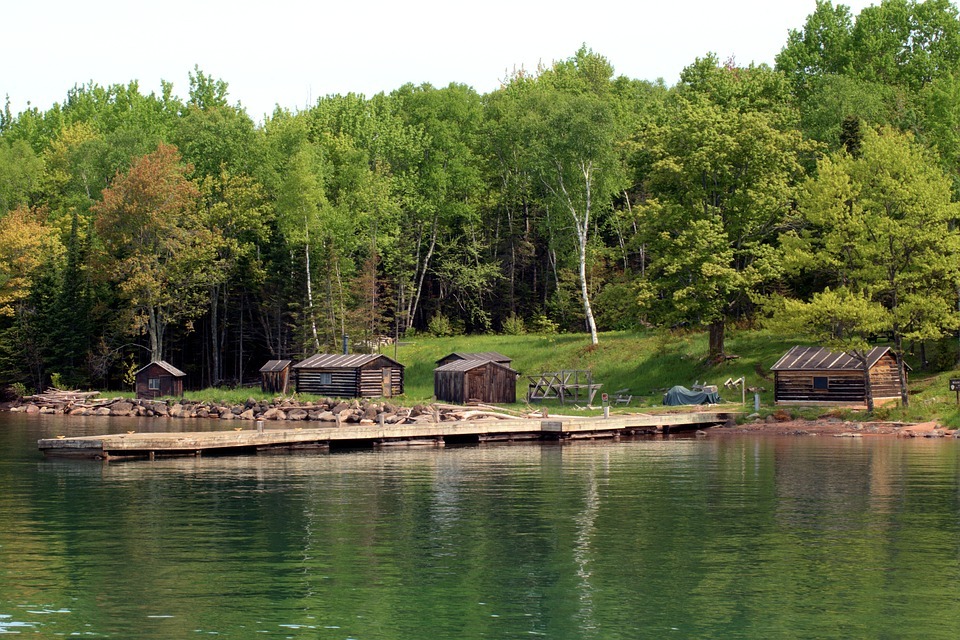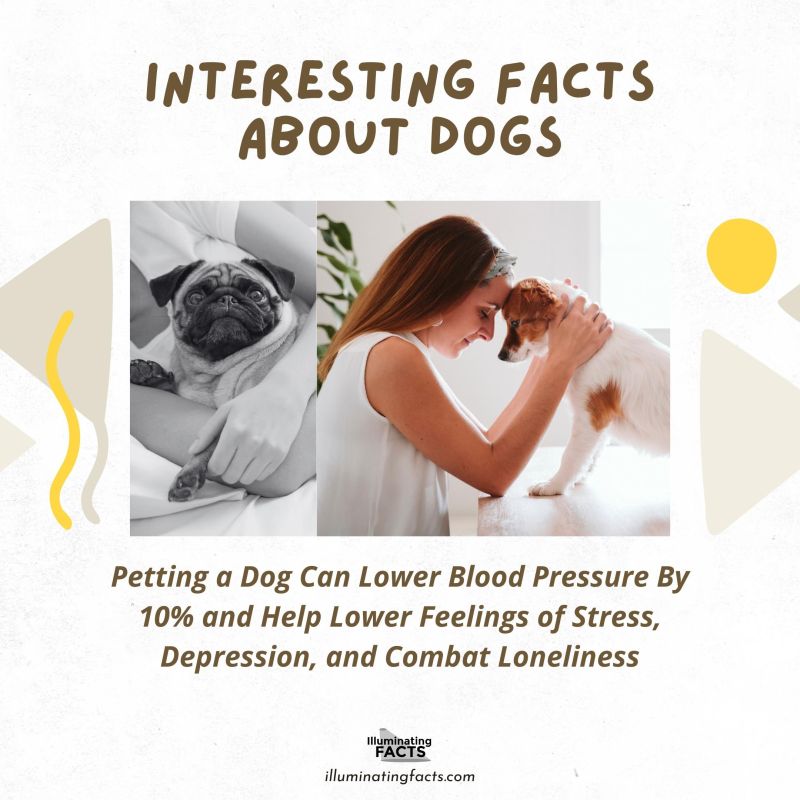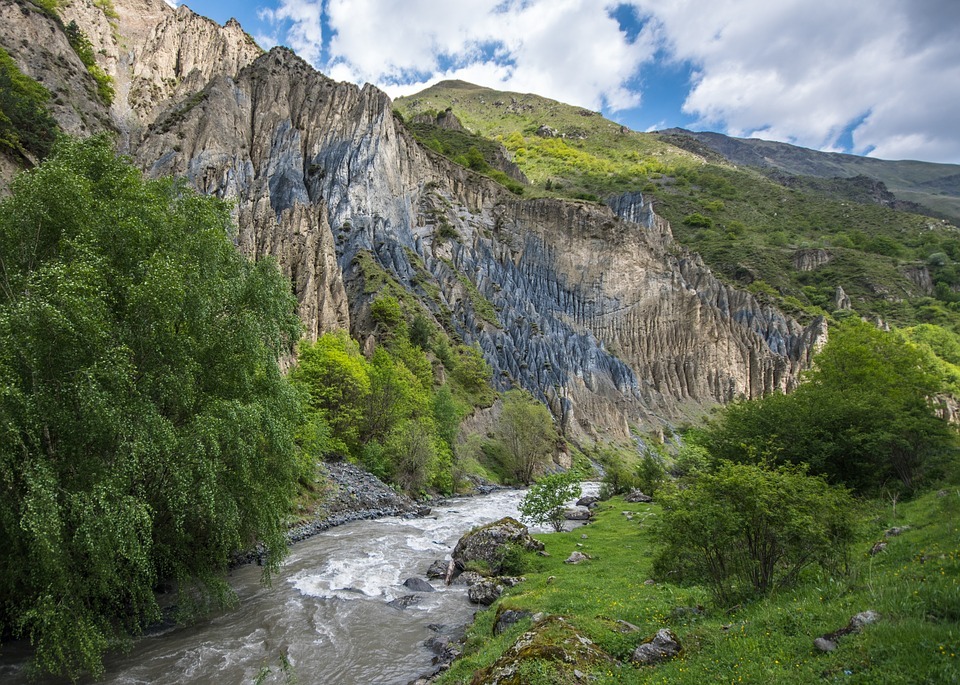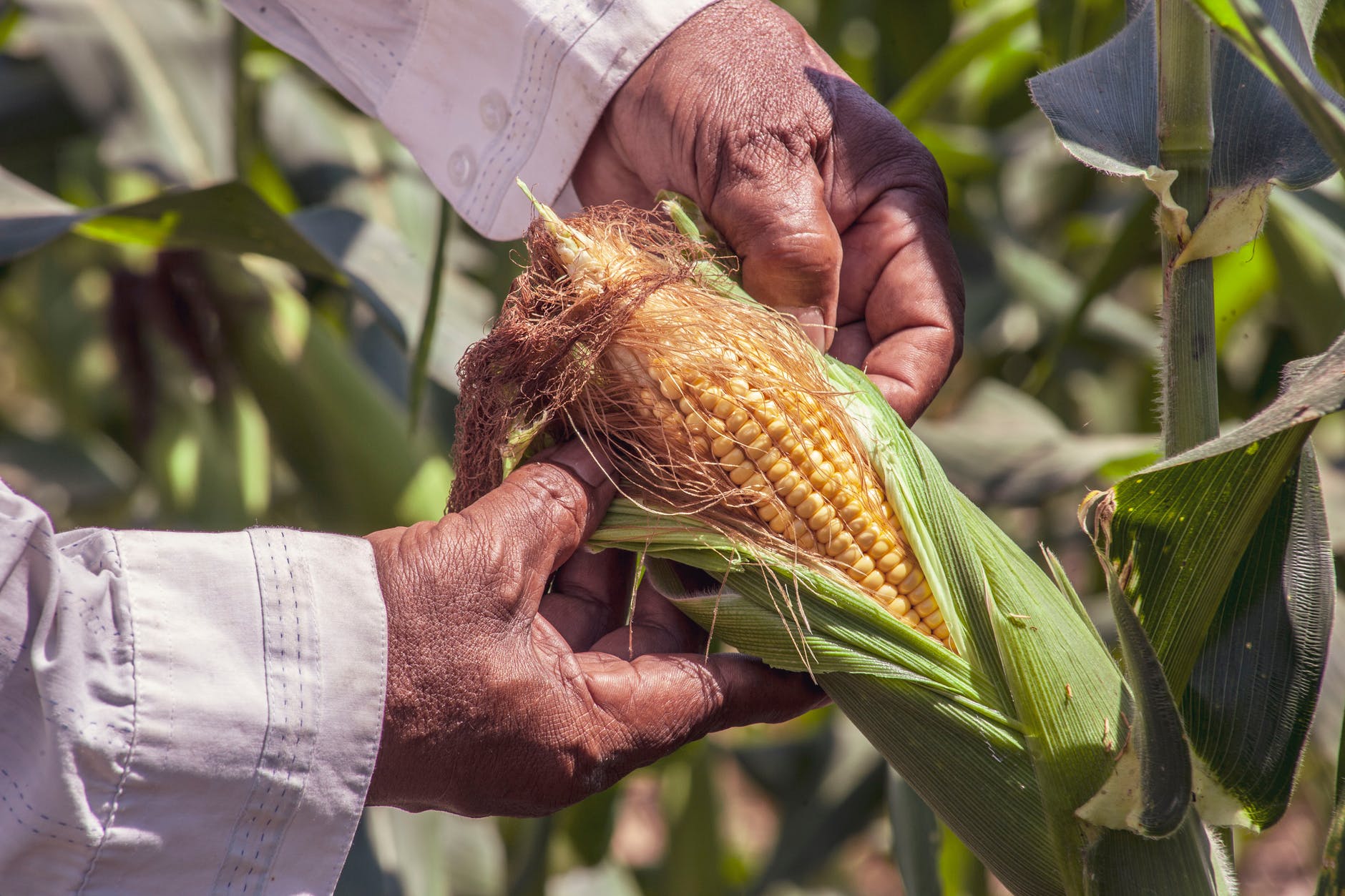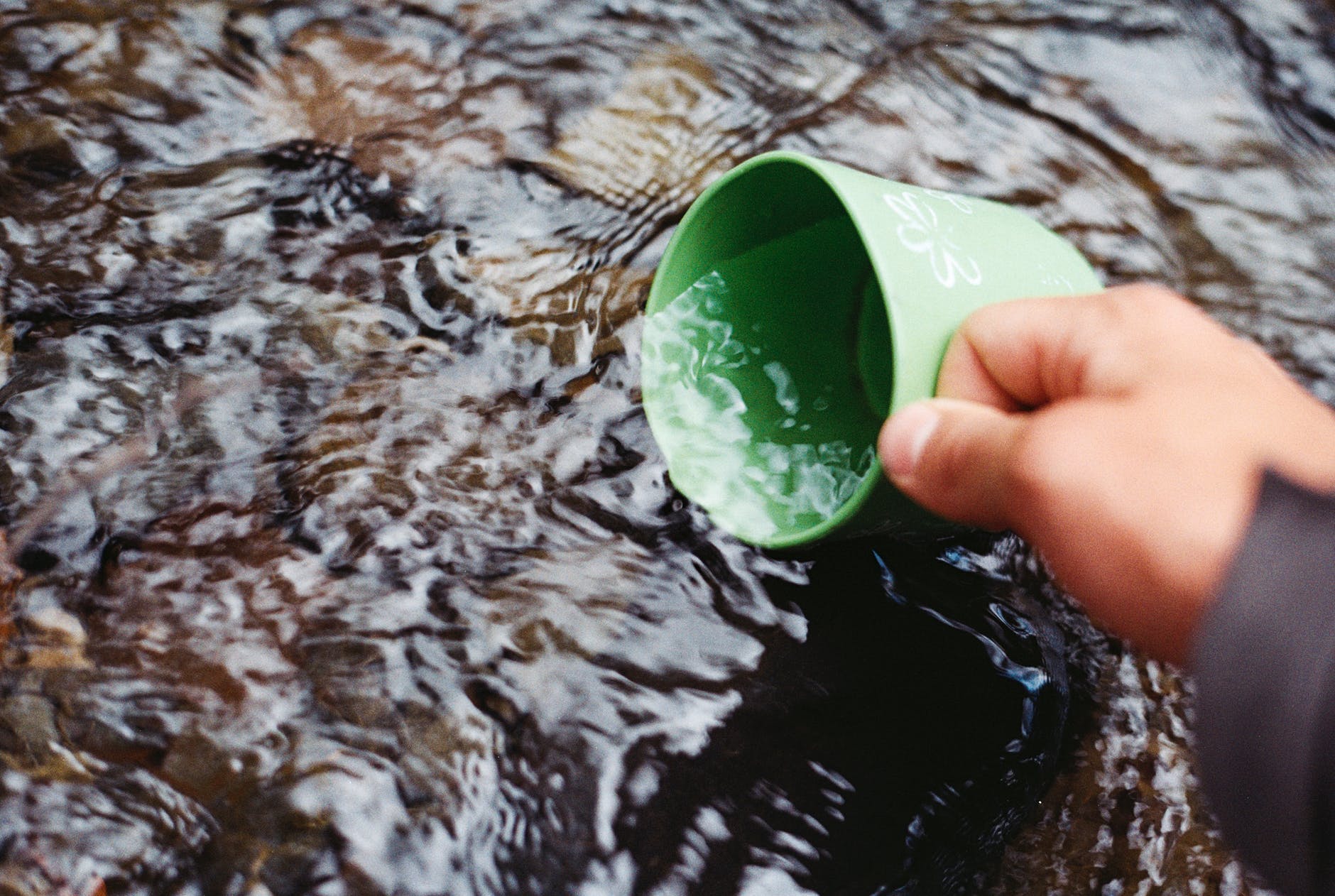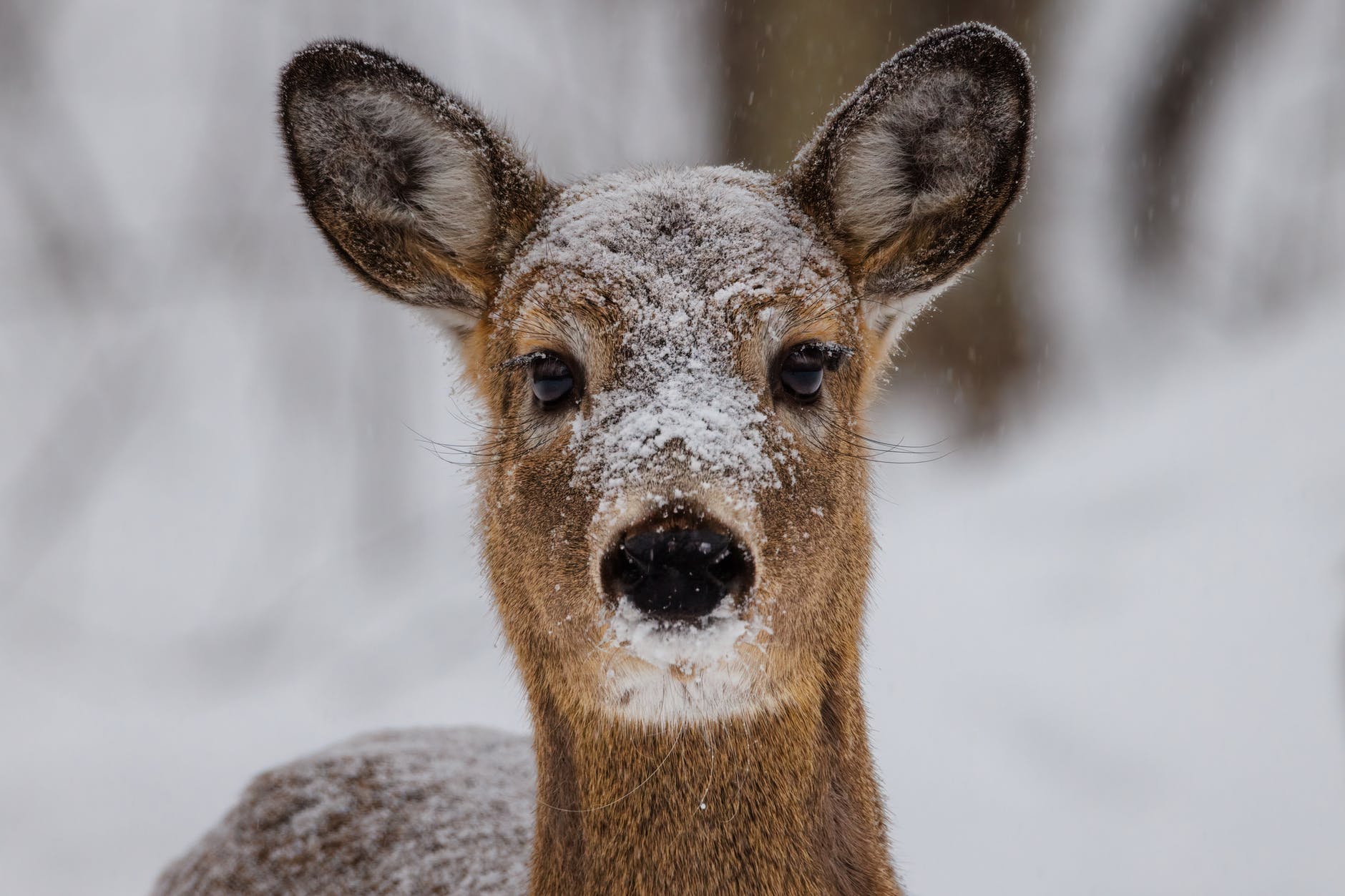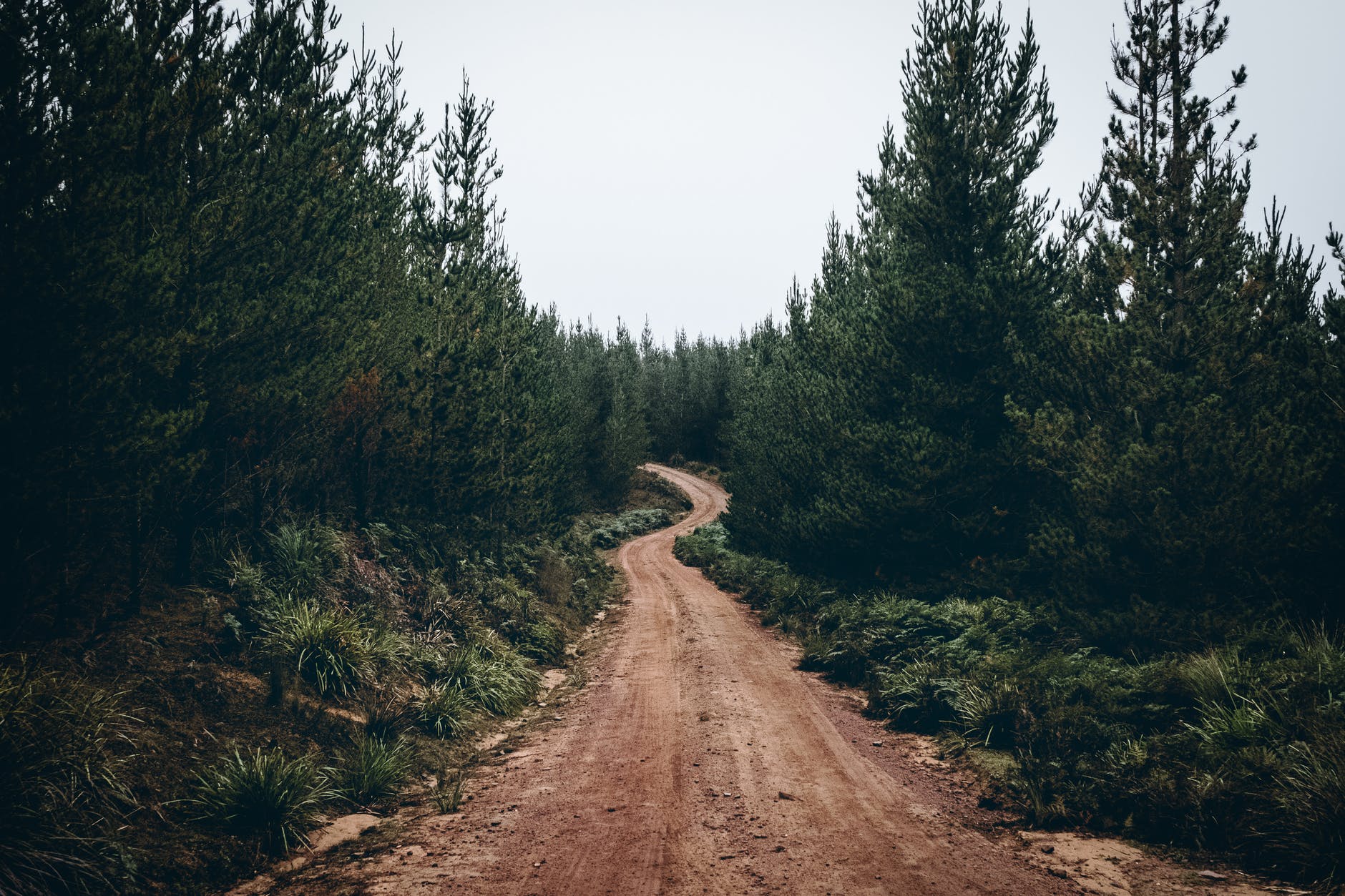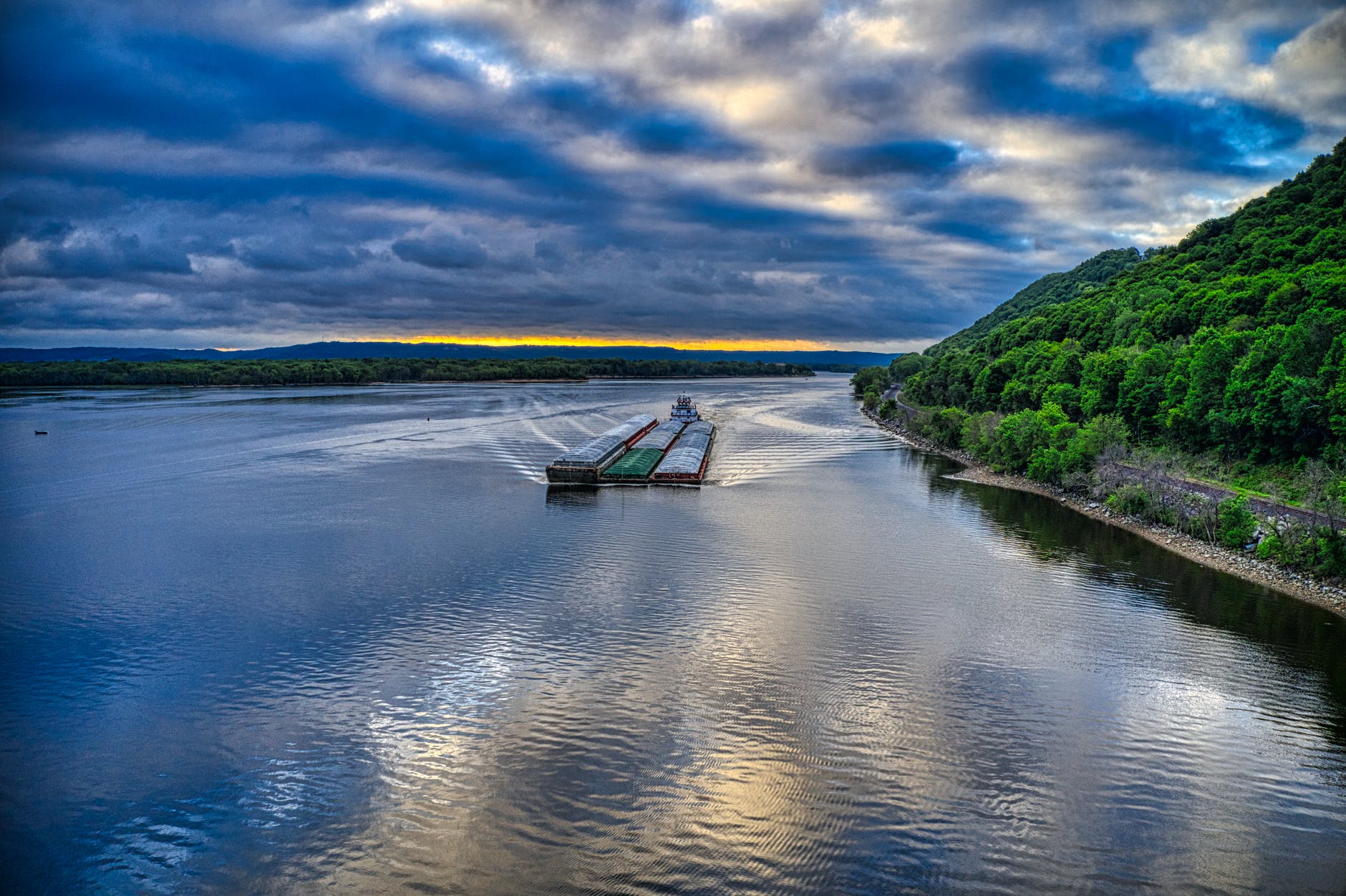Picture yourself living a simple life in a lovely forest, surrounded by trees and wildlife, with no monthly bills to bother you, which is the best. No wonder many people have chosen to live off the grid in Georgia for its suitable environmental conditions.
But what does off the grid mean? Is it all about living sustainably and using renewable energy sources? But what exactly does it imply? What does it take to be living off the grid in Georgia and other states?
Suppose you are up to the challenge of living on the wild side and living off the grid in Georgia and other states. It is essential to prepare yourself for all the hardships. While living off the grid in Georgia and other states is not illegal in America, several restrictions may limit your ability to live off the grid.
When going off-grid it can be important to find ways to keep your self entertained and combat loneliness. A dog is a great companion to consider having!
A Walkthrough of Georgia Off-Grid Laws
Living off the grid in Georgia is one of the best destinations in the US because of its pleasant climate, plentiful water, and affordable land, particularly in the northern half of the state.
The primary impediment to living off the grid in Georgia is garbage disposal: you must connect to the public sewer system in many regions. However, living off the grid in Georgia is usually totally acceptable in rural areas.
Zoning Laws in Georgia and Off-Grid Living
Unfortunately, living off the grid in Georgia has relatively rigid zoning restrictions. Zoning laws differ dramatically from county to county. A thorough investigation of these laws to see if you’re allowed to raise animals, kill your chickens, or live in a tiny house.
Georgia climate
Living off the grid in Georgia means experiencing two climates due to its vast size: a humid subtropical climate throughout the majority of the state and an oceanic climate in the northeast. In Summer, the temperature in the northern sections is around 72°F, while in the southern half, it is around 90°F.
Living off the grid in Georgia during the winter is pleasant, with the average temperature in the northern half of the city approximately 34 degrees Fahrenheit. In comparison, the southern part is around 50 degrees Fahrenheit.
Georgia’s best crops to farm
Corn, soybeans, sorghum grain, wheat, tobacco, and cotton are just a few of the crops that may be grown if you live off the grid in Georgia due to the favorable climate. Georgia’s principal crops are peanuts and pecans, despite the land’s suitability for cultivating field crops. You will also produce rice in some parts of the state because the climate is ideal for it.
Georgia’s Freshwater
Freshwater is not a problem if you plan on living off the grid in Georgia. The annual rainfall is roughly 48 inches in the eastern portion, 53 inches in the middle, and 75 inches in the northeast. The primary issue with water when living off the grid in Georgia is that it is polluted. The water could be contaminated with heavy metals and other pollutants, making it necessary to filter and purify it before using it.
Wildlife in Georgia
Living off the grid in Georgia means you will see the black bear and the white-tailed deer, the only large mammals; other species include rodents, raccoons, beavers, wild pigs, armadillos, and coyotes. Largemouth bass, striped bass, white bass, red drum, and brook trout are standard rivers and lakes. Saltwater fish like Southern flounder, lemon shark, blue marlin, gray triggerfish, and bonitos are frequent.
Natural disasters in Georgia
Natural disasters like tornadoes, hurricanes, floods, tropical storms, wildfires, and winter storms are something that you will experience from time to time if you are living off-grid in Georgia. Although living off the grid in Georgia appears to have a lot of potential natural disasters at first, the truth is that the majority of them are sporadic.
Aside from Georgia, other suitable states will be great in off-the-grid living. Here are some states in the US that you can choose from if you are interested.
States with Off-Grid Living Policies with the Fewest Restrictions
Alabama
Alabama is one of the most refined states for off-grid permaculture because many counties have no building codes, have riparian water rights, and have a lot of agricultural lands excellent for cultivating a garden.
Missouri
Given the state’s riparian water rights and many areas without building rules, Missouri is also one with enough freedom to live. In addition, the cost of living is minimal. It’s no wonder that the area is home to several well-established off-grid communities, including the Dancing Rabbit Ecovillage, known as one of the most acceptable states for starting an off-grid garden.
Mississippi
Many counties in Mississippi do not have building codes. People are also granted adequate flexibility due to the availability of riparian water rights in Mississippi, which implies that water access is unrestricted. Rainwater collection is permissible in areas with a reasonable amount of annual rainfall, and the cost of living is relatively low.
Off the Grid Living Established Spots
Here are the most acceptable options for you if you like destinations with previously established communities to keep you familiar and accompanied.
New York State
New York state residents account for 3.46 percent of all off-grid lifestyle posts. On the other hand, this state is one of the most stringent in terms of trash, water, and electricity laws.
Oregon
Oregon has a large number of off-grid communities. The Three Rivers Recreation Area is a 4,000-acre gated neighborhood with Lake Billy Chinook and the Metolius River. The district has 600 houses and roughly 80 regular people.
California
According to social media posts, California is one of the top places for off-grid living, based on the number of residents in the area. Off-grid living in California typically comprises hen raising for eggs or hunting and gathering for sustenance. In this state, Emerald Earth is a renowned off-grid settlement.
Haven of Resources
These states are among the best choices for off-grid living due to the abundance of available lifestyle resources, ranging from natural power sources to water supplies,
Texas
There are plenty of solar and wind power sources in the area and many agricultural lands. Water rights are a state-wide issue because most Texas counties lack building codes.
New Mexico
Given New Mexico’s climate, solar electricity is more than adequate; it is a crucial aspect of the power supply. Earthship Biotecture is an off-grid village developed in the 1970s. The unique designs include solar-powered facilities, self-sufficient dwellings, and repurposed structures.
Hawaii
The climate and landscape of Hawaii provide plenty of wind, rain, and sunshine. Because the land is mainly agricultural, the state has many well-established off-grid villages.

